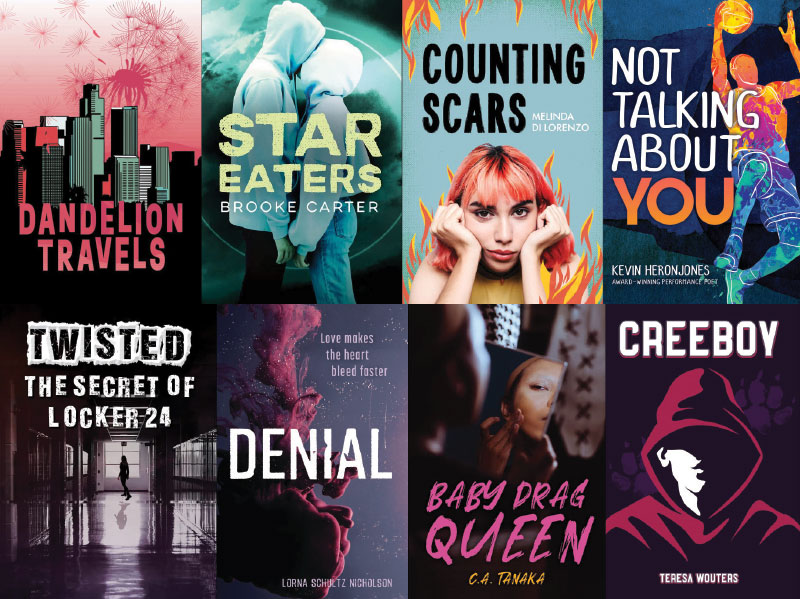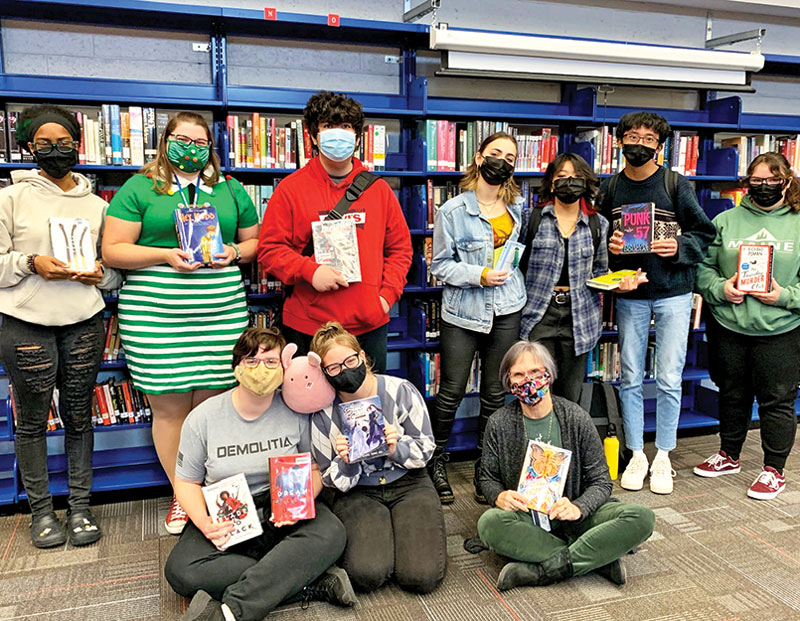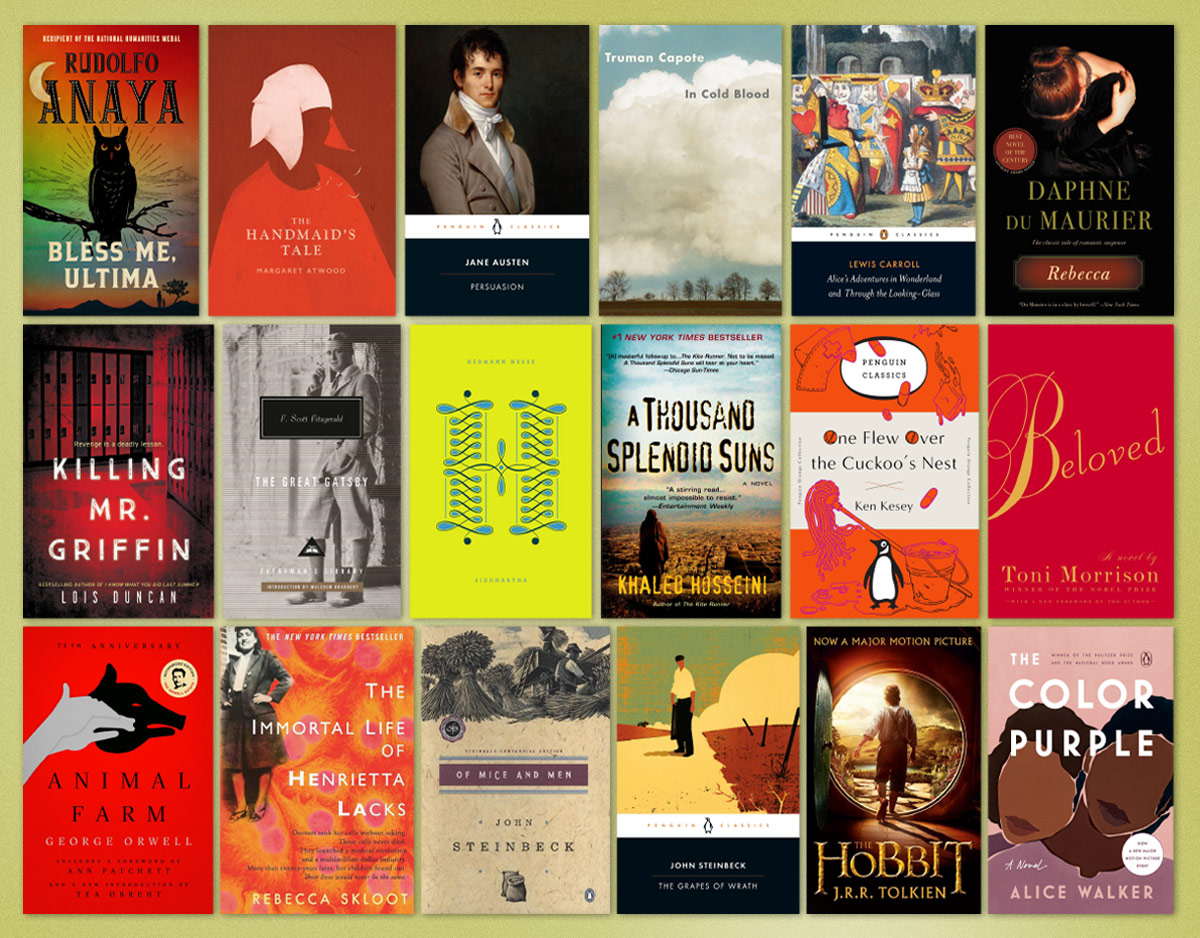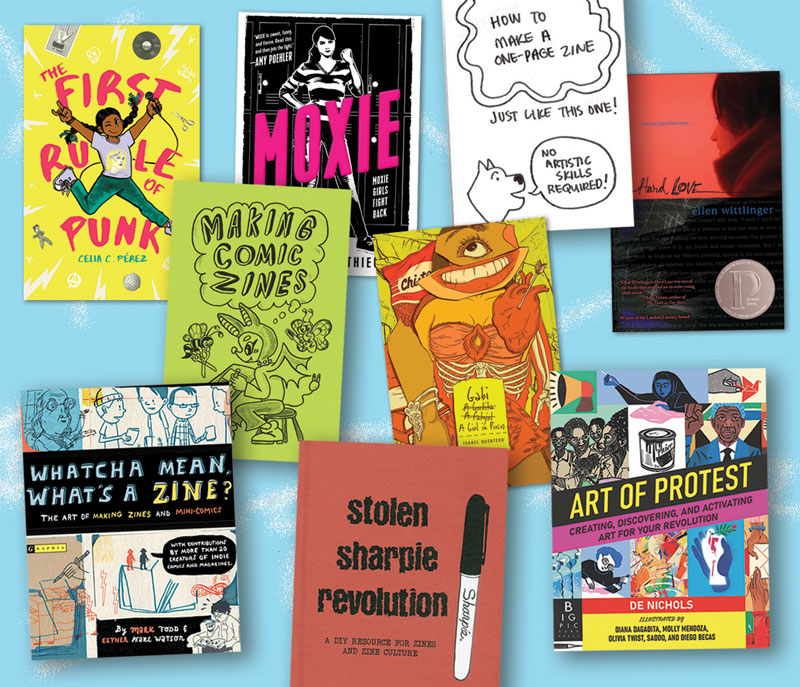#FSYALit Roundtable: 5 YA Authors Talk About Faith, Teens and YA Literature
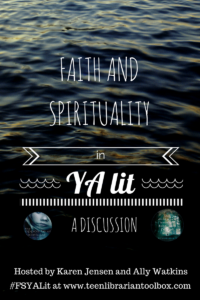 As part of the Faith and Spirituality in YA Lit (#FSYALit) Discussion, author Kelly Loy Gilbert put together a fabulous roundtable discussion between several YA authors. We’re going to present this roundtable to you in two parts. In part I, our authors talk a little bit about the role that faith plays in their lives and in their YA titles. In part II, we’ll talk about some of the more controversial elements, what it’s like to be critical of your faith and then introduce you to their books.
As part of the Faith and Spirituality in YA Lit (#FSYALit) Discussion, author Kelly Loy Gilbert put together a fabulous roundtable discussion between several YA authors. We’re going to present this roundtable to you in two parts. In part I, our authors talk a little bit about the role that faith plays in their lives and in their YA titles. In part II, we’ll talk about some of the more controversial elements, what it’s like to be critical of your faith and then introduce you to their books.
Participants:
Kelly Loy Gilbert, author of CONVICTION
Aisha Saeed, author of WRITTEN IN THE STARS
Bryan Bliss, author of NO PARKING AT THE END TIMES
Stacey Lee, author of UNDER A PAINTED SKY
Anthony Breznican, author of BRUTAL YOUTH
What role does faith play in your book?
Anthony Breznican: Faith is the heart of Brutal Youth. This is a book takes place at a deeply troubled Catholic high school, with three newcomers trying to survive in a kind of law-of-the-jungle social order — hazing, manipulation, deceit rule the halls. These are tools the powerful wield to maintain their position, and our heroes — Davidek, Stein, and Lorelei — try to protect themselves without losing who they are. (They don’t always succeed.)
ADVERTISEMENT
ADVERTISEMENT
But really, I see the book as an exploration of all kinds of faith. One, there’s the traditional belief in a benevolent God who will protect you if you are virtuous. Two, there’s faith in our superiors — parents, teachers, priests. We trust them. We count on them to do what’s right. But how often do we find that faith misplaced?
Brutal Youth dives into that idea that we can’t live without putting our faith in others, in believing in something greater and better than ourselves. But if we put that faith in the wrong people, or we expect God to step in and save our asses — we can lose everything. It’s the story of a Catholic school, but I took inspiration from a Jewish proverb I learned in school: “If I don’t stand for myself, who will stand for me? But if I stand only for myself, what am I?”
In the end, these kids learn to trust their own sense of right and wrong. They believe in themselves, which I think is what God wants of all of us — a strict moral compass, guided toward compassion.
Aisha Saeed: Written in the Stars explores the life of a teenager, Naila, who is thrust into a forced marriage. Naila is Muslim and while this practice is condemned by her faith many do equate the practice of forced marriage with Islam. In the novel Naila never blames religion for her circumstances. For Naila, her faith is a source of comfort that reassures her during difficult moments such as when she hears the call to prayer, adhan. She finds peace and comfort in her faith.
Still, even with the problem of forced marriage framed as a cultural one, religion runs like an undercurrent through the novel, unspoken but present. The fact remains, unspoken or not, readers may see her predicament as stemming from religion. For this reason I addressed it in a bit more detail in my author’s note at the end.
Naila’s faith also plays a role in her staying in her marriage. Once she is married, her cousin and even her husband, dissuade her from trying to leave her marriage by telling her it is written in the stars, it is kismet. This belief has both cultural and religious underpinnings, and while this breaks Naila’s heart, it is this line of arguing that her marriage was divinely destined that ultimately makes Naila think that she must stop from trying to fight her circumstances.
Stacey Lee: Religion plays a huge role in UNDER A PAINTED SKY. Samantha my main character is raised in New York with a Christian upbringing (her father was adopted by French missionaries). Though he was a practicing Christian, her father lived in China long enough to be indoctrinated into their system of beliefs, including the idea that we are born to a fate. He has passed this two prong system of beliefs down to his daughter. It’s not unlike what many Asian Americans face everyday – in reconciling the old and new, a hybrid system of beilefs often results. When Sammy’s father dies, she decides she’s no longer speaking to God who had the power to save her father. Contrast that with Chinese philosophy where the only one to blame would be luck and misfortune. Her Chinese philosophy never really goes away unti the very end, where she says, quite unequivocally, I reject Fate, and puts herself in God’s hands again.
Kelly Loy Gilbert: In CONVICTION, 17-year-old Braden is forced to question everything he’s ever held true when his father, a conservative Christian talk show celebrity, is accused of murdering a police officer in a possible hate crime. Braden’s faith is really central to who he is, and as the story progresses he faces a harrowing choice that will test his every belief.
Bryan Bliss: NO PARKING AT THE END TIMES is the story of Abigail and her attempts at keeping her family together after the end times have not come as promised. Right away, I knew this story wasn’t going to be like a lot of the other so-called “cult” books out there. I was interested in Abigail’s relationship not only to her faith, but also to her family. The two, in my opinion, are rarely separate. Especially when your family has sold everything and moved across the country in anticipation of the end times… I wanted to go deep on what it means to believe, to unpack as much of that process as I could while still telling a story about their family.
Did you base anything on your own experiences? What is your spiritual background like? What drew you to writing about faith/spirituality/religion?
Stacey Lee: Most definitely I drew on my own experiences for the Christian upbringing. My parents weren’t really in tune with their Chinese backgrounds – they are very Americanized themselves. It was really my inlaws who showed me the ‘traditional Chinese way’ and by the way, there’s not just ‘one’ way but several philosophies that inform Chinese life: Confucionism, Buddhism, Taosim,, etc. To be human is to struggle with ourseles and our religions, those belief systems that govern right and wrong. What better way to show that struggle by fraiming it within the context of a girl faced with tremendous loss, and trying to understand if her life matters anymore without her father by her side.
Aisha Saeed: Growing up some of my friends felt pressured to stay in unwanted marriages because they were told the marriage was preordained. I am Muslim and I believe in destiny but I don’t agree with using it as a cultural tool to convince people to stay in bad circumstances. As a Muslim I wanted to be the one to explore both the concept of destiny and forced marriages because in a world where Islamaphobia is drastically on the rise the distinction between culture and faith is an important one for me.
Kelly Loy Gilbert: I grew up with family ties to a Chinese church in San Francisco, but mostly in a heavily Pentecostal church where there was lots of emphasis on speaking in tongues, prophecy, and other spiritual gifts. I think when you’re young it’s easy for whatever spiritual tradition you’re around to feel like the standard, and I remember what it felt like to be essentially born into an utter certainty that the world worked a certain way––what it was like to be unable to view the world through another lens. I drew on that experience when writing Braden, who’s also a part of a tight-knit church community, and who for the first time is forced come to terms with the implications of what he’s always believed.
Bryan Bliss: I’m a seminary graduate and spent 10 years working as a pastor. However, when it comes to this sort of fanatical belief – the kind that makes claims about the rapture – I’m pretty ignorant. My own theological views are fairly (okay, wildly) progressive. So that meant a lot of snake handler and end time preacher youtube videos. Getting the words – the passion – correct was key, I thought. I didn’t want to paint this preacher and these parents as simple fanatics. I wanted to know why they believed and what was at stake for them in this belief. That meant not going into knee-jerk mode when it came to their theology, a habit I can easily pick up… especially on Facebook. That doesn’t mean there isn’t bad theology in the world, because there most certainly is. But at the end of the day, I realized that if I was going to tell this story I needed to do it as authentically as possible. And that meant dipping a toe into some ideas that are predatory. Finally – despite my background and education – I’m a highly doubtful and cynical person when it comes to faith. I don’t want to be, but that’s just how it works in my life. I’ve always had a lot of questions, and I think that ultimately helped me write this book from an authentic place.
Anthony Breznican: My actual school was associated with a priest who was literally ripping open collection envelopes and stealing the cash. He claimed he was a descendant of a wealthy family, but blamed all the budget shortfalls on the rotten kids at the high school his parish had to sustain. We were his scapegoats, but eventually he was exposed.
ADVERTISEMENT
ADVERTISEMENT
My faith in authority evaporated at an early age. I had teachers who would smack or belittle students — not all, but some. The wonderful, thoughtful teachers only served as a disturbing contrast to the cruel ones. I learned that just because someone is in charge doesn’t make them good, and this was the core of Brutal Youth. Faith and trust is earned, not inherited. Friendship and loyalty are how you prove yourself worthy — not a badge or a collar.
What was challenging about writing about the religious and/or spiritual lives of your characters? What hang-ups did you have? How were those aspects of your book received?
Aisha Saeed: I did not want to further cement misconceptions and stereotypes with my novel but I also felt it was a crucial topic to address. As someone who loves her faith and culture, I felt it was important that the hard topic be addressed by someone who wrote from a place of love and not a place of seeking to villainize or stereotype. It can be a fine line to straddle, to address a hard issue but to also give it nuance and complexity, I hope I did it justice.
Anthony Breznican: I did not want to disparage the Catholic faith. I believe in a higher power, I pray, I trust that there is some sort of plan for me, and I’m grateful for all that I’ve been given in life. I have a lot of questions and about God and what may exist after this life, but I’m willing to accept that some things may simply be beyond my understanding. In writing Brutal Youth, I didn’t want to attack the idea of Catholic school exclusively, or to cast aspersions on the religion. Many people get comfort and love through the church, and although I was telling a savage story about corrupt authority, I feel Brutal Youth could take place anywhere there is unquestioned power, like a military school.
Bryan Bliss: Oh, Lordy. I get e-mails and messages that basically fall into two different camps. First: “You’re bashing the Bible. What’s your problem?!” Second: “You’re not critical enough of the parents! Bash the Bible!” I kind of love that, though. It means I did my job well. And for a long time, before I wrote this book, I would’ve been worried about such a response. What will the people in my church think? Oh no, I said shit five times on this page… That sort of thing. But I think most people who are interested in faith want books and films that accurately represent what it means to struggle theologically. And that means real questions, real struggles – real people who say shit and, um, other words. Of course, the Christian book industry is a testament to the fact that there is a market for easy stories where people never curse or ever have sticky thoughts. But I think it’s a misnomer to think that you can’t question religious beliefs, that it somehow doesn’t have a place in a life of faith. If anything, that’s a way literature is – and should be – in conversation with religion. It’s a place to test out questions, to maybe even find answers that can temporarily give us a little peace.
To be continued tomorrow . . .
Find all of the #FSYALit Posts here
Filed under: #FSYALit, Faith, Spiritual Life, Spirituality
About Karen Jensen, MLS
Karen Jensen has been a Teen Services Librarian for almost 32 years. She created TLT in 2011 and is the co-editor of The Whole Library Handbook: Teen Services with Heather Booth (ALA Editions, 2014).
ADVERTISEMENT
ADVERTISEMENT
SLJ Blog Network
Now on The Yarn: Colby’s Alaskan Children’s Book Adventure
Publisher Preview: Transit Editions (Winter 2025/26)
Exclusive: Archie Unveils New Graphic Novel Slate for Fall 2025 | News
When Book Bans are a Form of Discrimination, What is the Path to Justice?
ADVERTISEMENT




